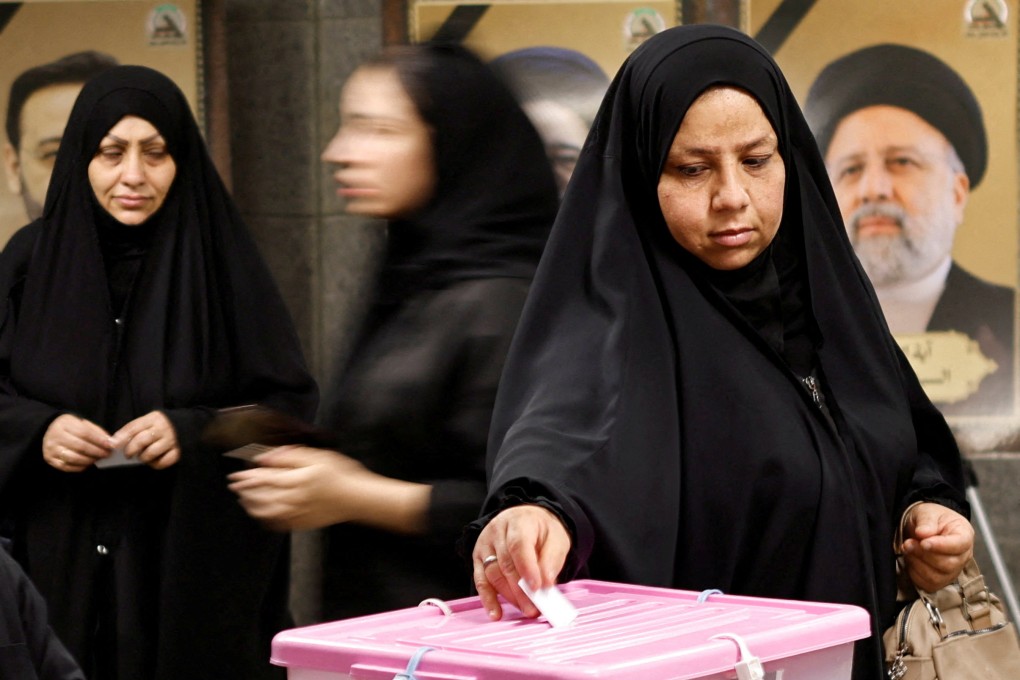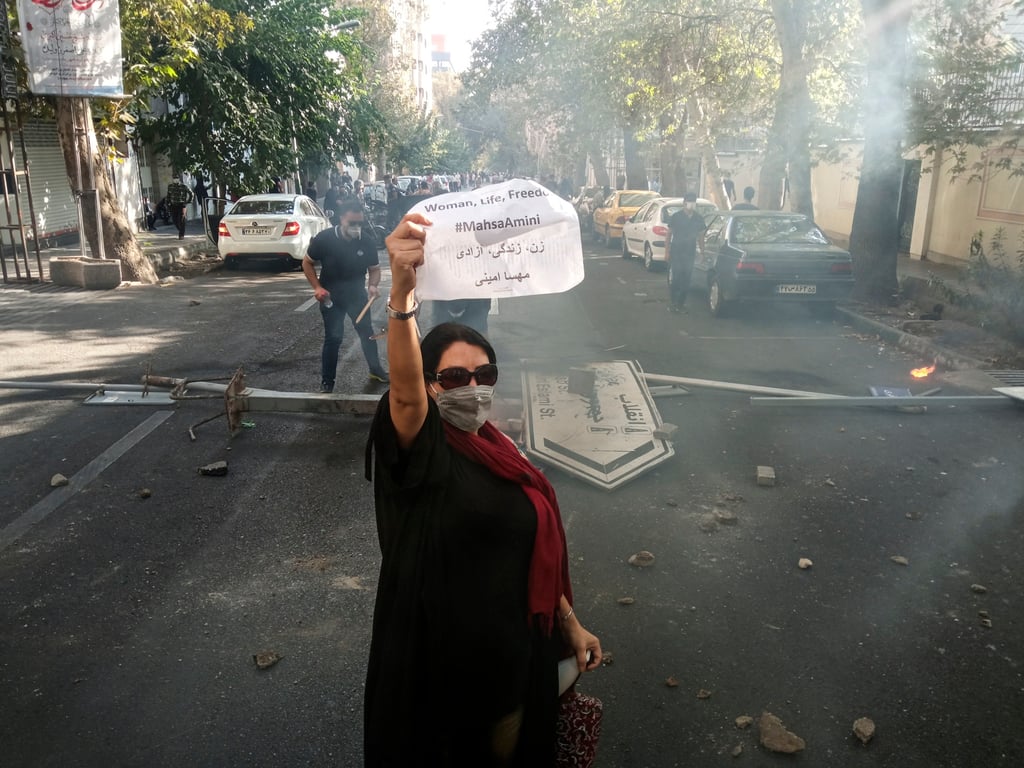Advertisement
Opinion | Iranians voted for change, but just how much can get through?
- Upon electing a reformist as president, Iran’s political system and international pressures complicate the prospects of what can be achieved
Reading Time:3 minutes
Why you can trust SCMP
0

A little-known reformist politician Masoud Pezeshkian, a heart surgeon by profession and former health minister, will be sworn in as Iran’s ninth president in early August. He will succeed the late former president, Ebrahim Raisi, who died in a helicopter crash in May. The crash led to speculation that Raisi was assassinated, among other conspiracy theories.
Iranian domestic politics has been in a state of unexpected churn since the tragic development. This most recent presidential election pit a well-entrenched conservative faction, supported by Iran’s clerics, against the country’s disparate reformist constituency.
The first round of the elections on June 28 was marked by a very low turnout of around 40 per cent. None of the four candidates received the requisite majority – leading to a second round on July 5. Turnout for the run-off election is reported to have increased to almost 50 per cent. Pezeshkian secured more than 16 million votes, while his rival, the ultraconservative candidate Saeed Jalili, won over 13 million votes.
The more significant outcome of this election pertains to the domestic context. Iran has been dealing with a variety of challenges that have led to considerable public apathy and disaffection. US-led sanctions over Tehran’s nuclear programme have isolated the Iranian economy from global trade and impacted peoples’ lives. A covert proxy war against Israel has become more virulent and public. Meanwhile, the youth are chafing at moral policing and the harsh implementation of religious jurisprudence.
The compulsory wearing of the hijab for women became an explosive issue in 2022 when 22-year-old Mahsa Amini died after being arrested by the police for ostensibly not wearing the hijab in the prescribed manner. Iranian citizens were outraged but then-president Raisi cracked down and protests were quelled with a heavy hand.
Whenever Iran has felt insecure due to citizen discontent or other governance setbacks, the supreme leader and the conservative core – comprising clerics, the judiciary and the military – have allowed a reformist or moderate leader to enter the political arena and don the “crown of thorns” as president. Former presidents Mohammad Khatami and Hassan Rowhani are both examples of this.

Advertisement
